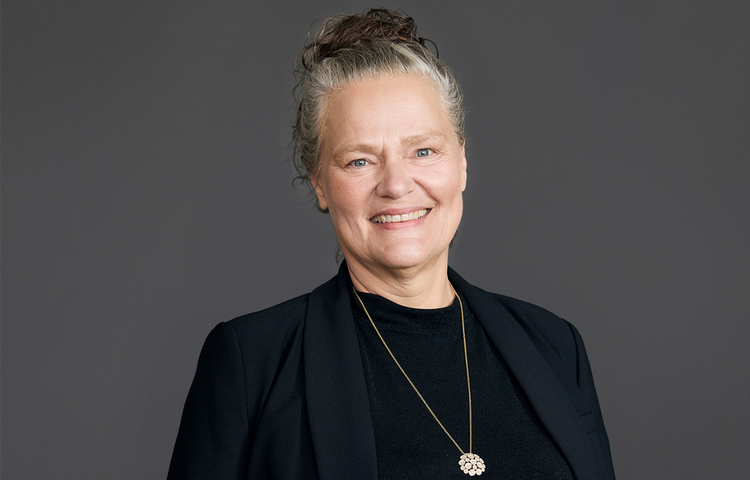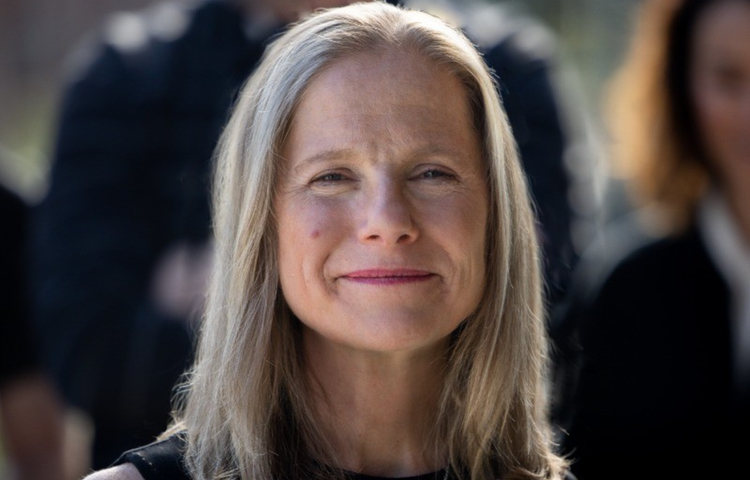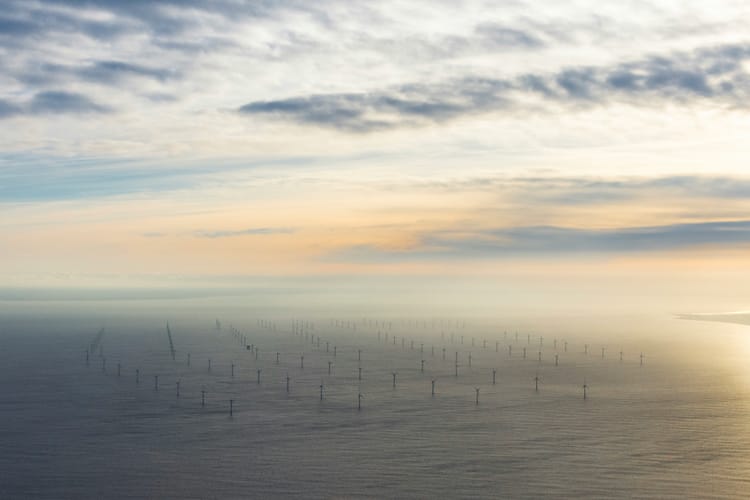OECD report shows progress in sustainability disclosures and integration
91% of listed companies by market capitalisation published disclosures in 2024.

The second OECD Global Corporate Sustainability Report shows that the world's largest listed companies now publish sustainability disclosures and integrate sustainability issues at the highest level of governance.
In 2024, 91% of listed companies by market capitalisation (29% of listed companies worldwide) published sustainability disclosures – up from 86% of market cap in 2022. A majority (88% of market capitalisation) disclosed Scope 1 and 2 emissions, and 76% also disclosed at least one category of Scope 3 emissions.







